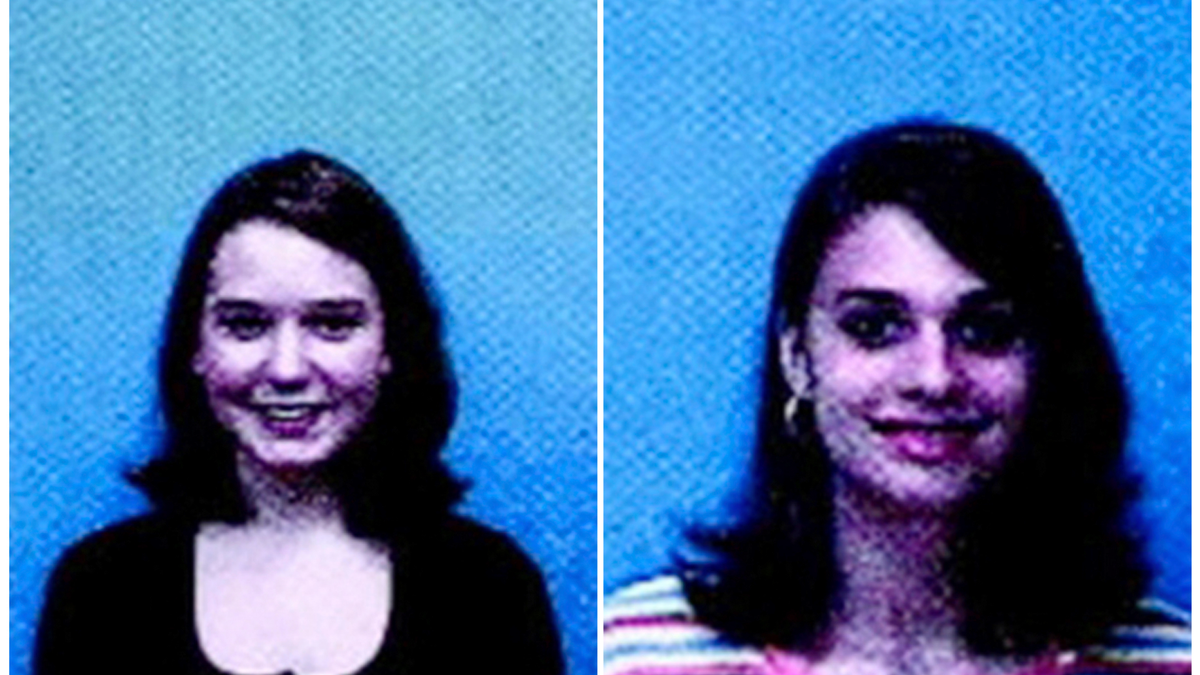
This combination of images from a 1999 flyer released by the Ozark (Ala.) Police Department, shows J.B. Beasley, left, and Tracie Hawlett, who were both murdered in July 1999. Alabama authorities say a DNA match found through a genealogy website has led to an arrest in the killings of the two teen girls nearly 20 years ago. Coley McCraney, of Dothan, was arrested Saturday, March 16, 2019, on rape and capital murder charges in the deaths of Hawlett and Beasley, according to Dale County jail records. (Ozark Police Department via AP)
OZARK, Ala. – The Latest on the arrest of a man in a 1999 cold case (all times local):
6:30 p.m.
An attorney for a man arrested and accused of the 1999 killings of two teenage girls in Alabama says the man maintains his innocence.
David Harrison, an attorney for Coley McCraney, said Tuesday that he expects McCraney to testify at any trial.
Police on Friday arrested McCraney in the 1999 killings of Tracie Hawlett and J.B. Beasley. Law enforcement ran crime scene DNA though an online genealogy database to help identify McCraney as a suspect. The 45-year-old Dothan man faces counts of capital murder, including one accusing him of killing Beasley during a sexual assault.
Harrison said he isn't worried about the DNA evidence since his client "absolutely maintains his innocence."
McCraney's relatives are expected to speak at a news conference Wednesday morning, Harrison said.
___
11:13 a.m.
A truck-driving preacher accused in the killing of two teenage girls from Alabama decades ago was found with the same genealogy database techniques that were used to identify a suspect last year in the notorious "Golden State" serial killings.
The killings of Tracie Hawlett and J.B. Beasley sat unsolved until Ozark Police Chief Marlos Walker saw that success in the California case and turned to the same company, Parabon NanoLabs, for help.
Parabon uploaded Alabama's crime-scene DNA and then reverse-engineered a publicly available family tree on a genealogy website. That led police to arrest Coley McCraney, 45, of Dothan, on multiple counts of capital murder, including one accusing him of killing Beasley during a sexual assault.
Investigators are cheered by this technology, but others say it raises huge privacy concerns.









































